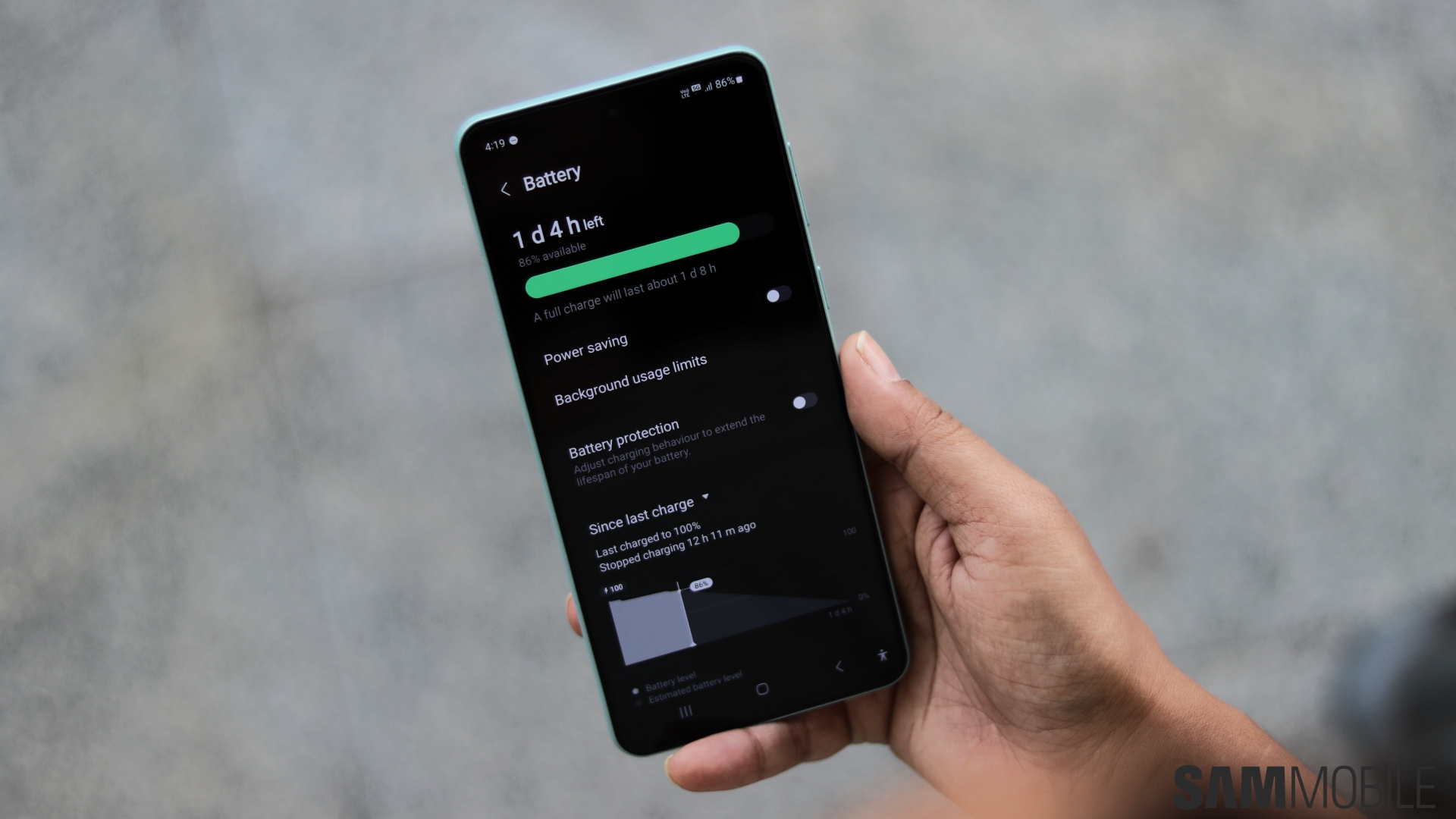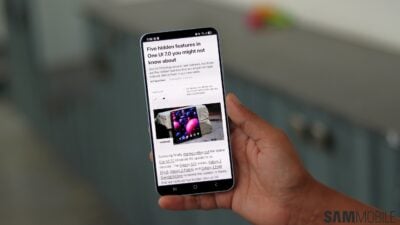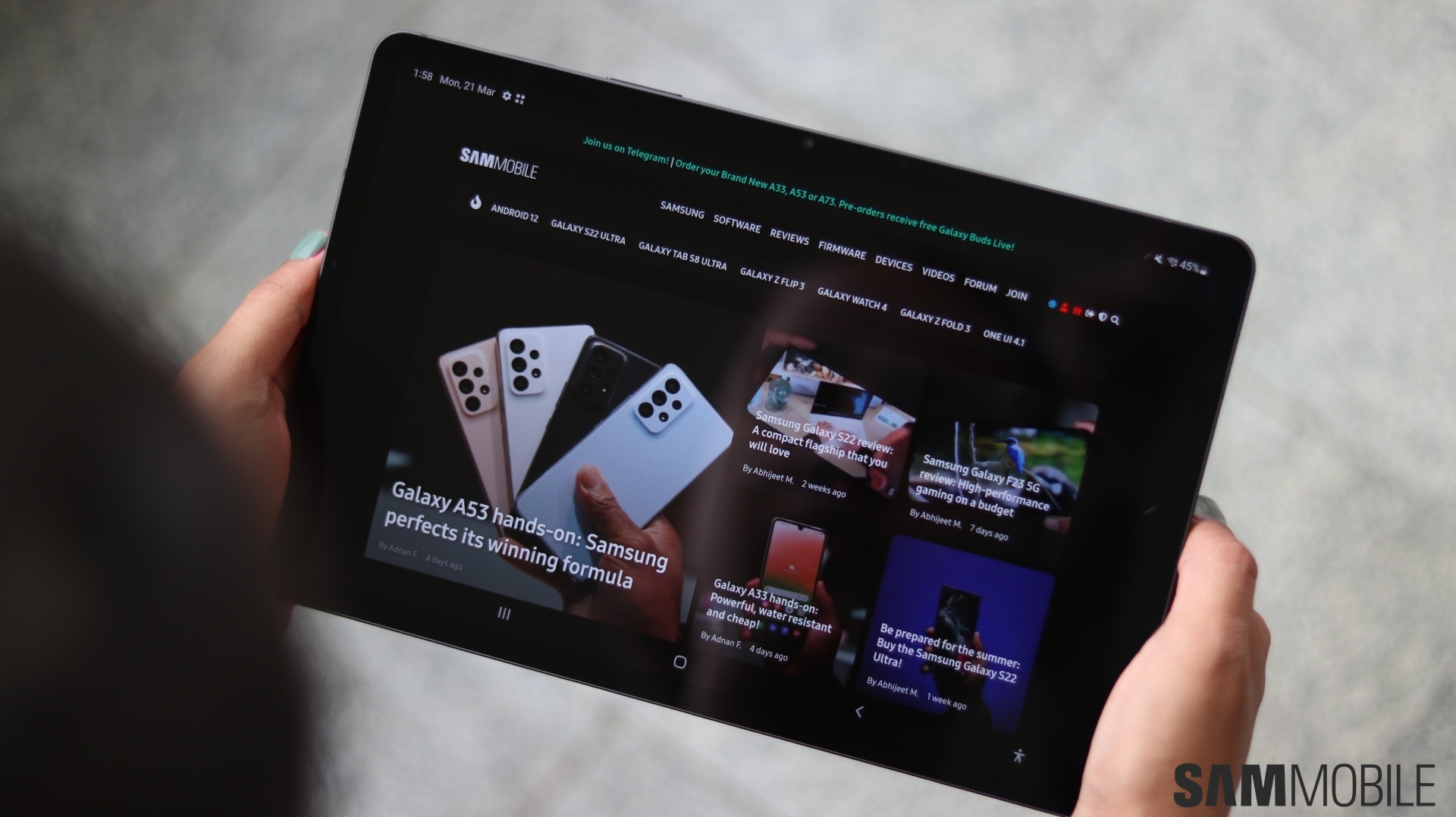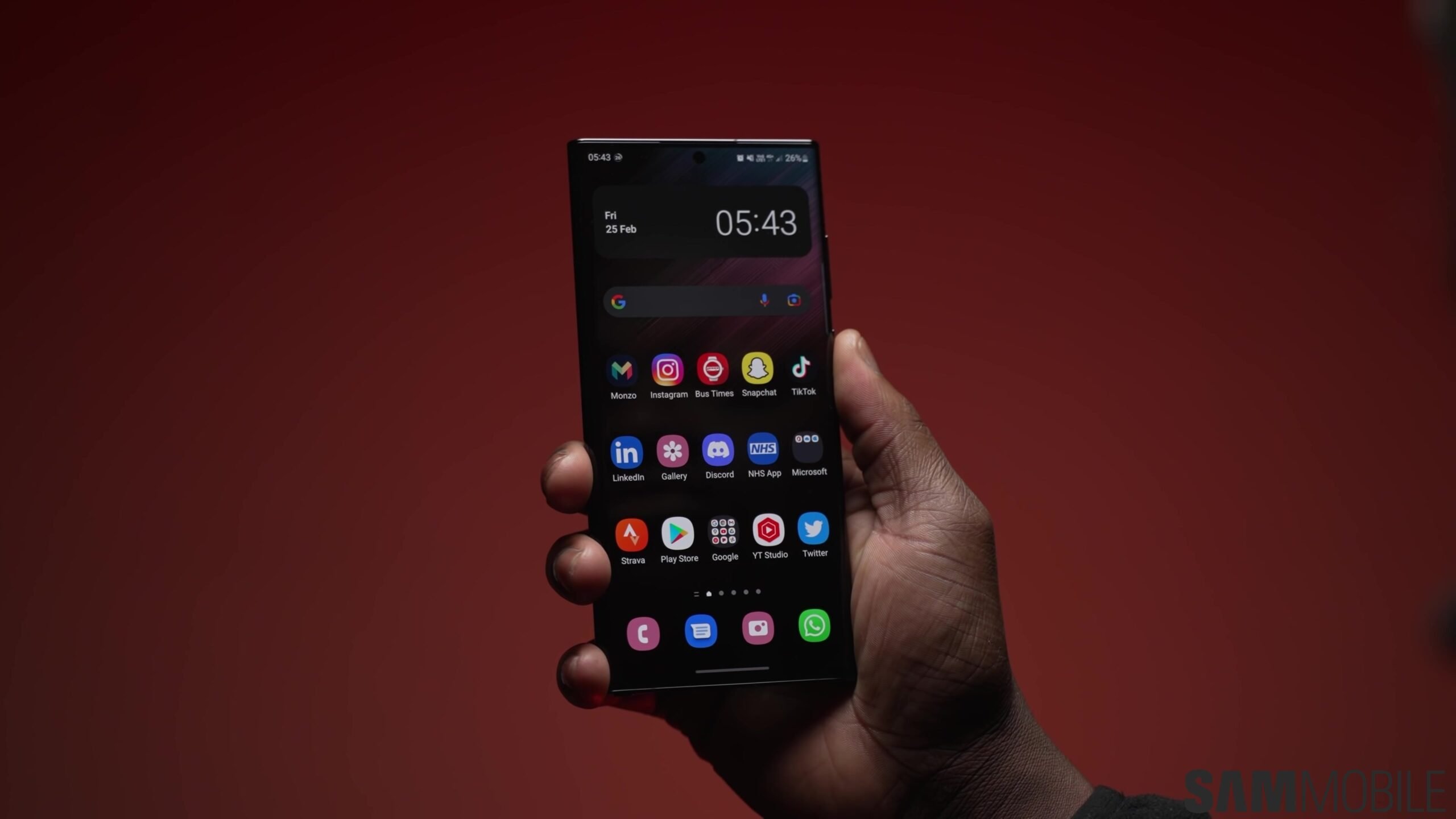
Android 15 (One UI 7) can improve the battery life of Galaxy phones by up to 3 hours
Speaking to Mishaal Rahman (via Android Authority), Dave Burke, VP of Engineering for the Android Platform, and Sameet Samat, President of the Android Ecosystem, explained how Google achieved battery life improvements with Android 15. Doze Mode was introduced with Android 6.0, and it is a period when a device runs several background tasks when it has been in standby mode for a long time. It is getting improvements with Android 15.
It was revealed that Google improved the speed at which a device switches to Doze Mode by 50%. This means devices running Android 15 will switch to Doze Mode 50% faster than those running Android 14. As a result, some Android phones saw improvements in battery life by up to 3 hours in Google's own testing. Since this change is at the core of Android 15, all devices running this new version of Android will benefit from it.
These improvements will come to Galaxy smartphones and tablets with the One UI 7.0 update, which is based on Android 15. Samsung has already started the internal beta development of One UI 7.0 for the Galaxy S24. It could open the One UI 7.0 Beta Program sometime in Q3 of this year and release the stable update in Q4 of 2024. The Galaxy S24 will be the first to get access to One UI 7.0.
You can watch our review of the Galaxy S24 in the video below. The story continues after the video.
One UI Watch 6.0 (Wear OS 5) could also improve the battery life of Galaxy Watches
Google also improved battery life in Wear OS 5, which was unveiled at the Google I/O 2024 event a few days ago. According to the company, smartwatches running Wear OS 5 can consume up to 20% less power when doing workouts like running a marathon. This improvement was made by reducing the time the smartwatch's main application processor takes to go back to sleep after being woken up.
This allows the co-processor to take over faster for several background tasks, like collecting data from the sensors. Since the co-processor is a lot more power-efficient, it consumes less power, increasing the battery life of a Wear OS smartwatch. This improvement will come to Galaxy Watches with the One UI Watch 6.0 update later this year.


















